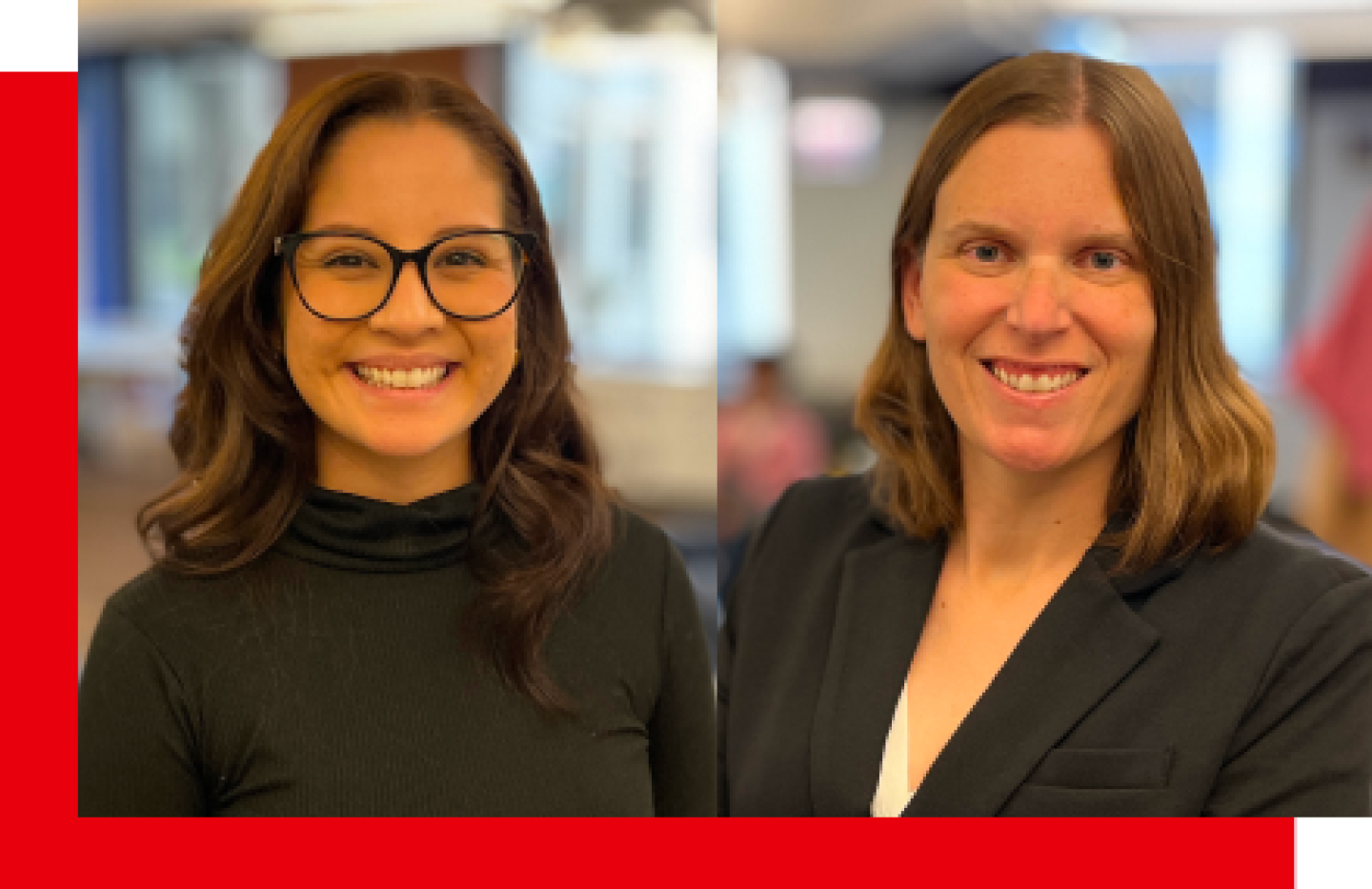Online master’s in autism at KU
No two learners with autism are alike—and their educators shouldn’t be either. KU’s online master’s in autism* equips current educators and related service professionals with evidence-based strategies you can apply immediately to support communication, behavior, social interaction, and learning. Build a strong foundation in assessment and instruction; deepen your skills with focused electives; and complete a field-based practicum that connects research to real classrooms and community settings.
This nationally recognized online master’s program is taught by KU’s renowned Department of Special Education faculty—leaders who have advanced autism education for more than 30 years.
This program is an online Master of Science in Education (M.S.E.) degree in special education with an emphasis in autism. A bachelor’s degree is required for admission.
*This online graduate degree does not lead to initial or advanced licensure in special education.
Program details
- 100% online with no campus visits required
- 12 courses (36 credit hours)
- 8-week courses for focused study
- Complete in as few as two years
- No GRE required for admission
- CAEP accreditation ensures quality standards
Choose your elective pathway
Behavior
Develop the knowledge to understand behavior function, conduct functional behavior assessments (FBA), and design function-based intervention plans. Learn proactive classroom management and positive behavior reinforcement that improve social communication and adaptive behavior.
Choose this pathway to:
- Implement evidence-based, function-based interventions
- Strengthen classroom- and schoolwide-behavior supports
- Build skills aligned with roles in behavior support and coaching
Leadership
Build capacity to lead inclusive special education programs. Examine IDEA foundations, LRE, policy implementation, and practical leadership strategies that promote equitable systems and outcomes.
Choose this pathway to:
- Prepare for department, school, or district leadership roles
- Navigate special education law and policy with confidence
- Drive systems-level improvement and inclusive practices
Secondary/Transition
Prepare adolescents and young adults with disabilities for life beyond high school. Explore assessment for transition planning, UDL-aligned access to academics, and collaboration that supports college, career, and community engagement.
Choose this pathway to:
- Guide high-quality transition planning and services
- Blend academics and transition skills using UDL
- Collaborate across schools, agencies, and families

Practicum experience
Apply your learning in authentic settings through a supervised, field-based practicum. With faculty coaching and reflective feedback, you’ll translate research into practice while supporting learners with autism in classrooms or community programs.
What to expect:
- Site-based application: Complete one eight-week practicum in your school or an approved community setting when possible
- Expert support: Receive structured feedback and small-group guidance from KU faculty
- Real-world impact: Document and reflect on measurable outcomes for learners and families
- Planning guidance: Complete the zero-credit Practicum Gateway Course to access the resources and support you need for practicum placement and registration
- Have practicum questions or need help planning your placement? Schedule a call with an admissions outreach advisor.
Advance your skills, expand your impact
The University of Kansas online education programs are built for people who want to make a difference—in classrooms, schools, and communities. Whether you’re a teacher, administrator, parent, nonprofit professional, you’ll find programs that connect research to practice and provide tools you can put to use right away. With flexible online courses and dedicated faculty support, KU helps you grow your expertise while continuing the important work you’re already doing.
- ✓ 8-week focused courses
- ✓ Evidence-based, research-driven curriculum
- ✓ Practical skills you can apply immediately
- ✓ Top-ranked by the U.S. News & World Report*
*Retrieved on August 18, 2025 from usnews.com/education/online-education/university-of-kansas-155317
Complete the form below to receive more information about your selected program, straight to your inbox.
Online master’s in autism course descriptions
All courses listed are worth 3 credits. Please note: Course list and sequence are subject to change.
Core Courses
SPED 760 Introduction to Autism
SPED 785 Application of Assessment Information for Exceptional Children and Youth
SPED 790 Methods for Learners With Higher-Functioning Autism
SPED 800 Teaching Language and Communication Skills to Learners With Autism and Developmental Disabilities
SPED 860 Education of Children and Youth With Disabilities: Autism
SPED 854 Family and Interprofessional Collaboration in Special Education
EPSY 715 Understanding Research in Education
SPED 871 Advanced Practicum With Exceptional Children Needing an Autism Spectrum Curriculum
SPED 898 Master’s Project
Elective options
SPED 743 Functional Behavior Assessment, Positive Behavior Support, and Classroom Management
SPED 843 Advanced Methods and Assessment: Strategies for Students With Social and Emotional Needs
SPED 756 Special Education Leadership
SPED 757 History, Context and Critique of Special Education
SPED 758 Appropriate Education and Least Restrictive Environment
SPED 856 Transition Education and Services From Childhood to Adulthood
SPED 858 Assessment for Transition Planning
SPED 861 Blending Academics and Transition

Make a difference for learners with autism
Learners with autism deserve skilled educators who can design supportive environments, teach communication and social interaction, and collaborate with families and teams to promote meaningful participation. KU offers flexible pathways to build your expertise.
- The master’s in autism provides comprehensive preparation for school- and community-based roles
- The graduate certificate in autism offers focused training you can complete quickly—and may be stacked into the master’s degree
Each pathway empowers you to create inclusive, high-expectation learning experiences grounded in evidence-based practice.
Trying to decide which autism program is right for you?
Erica and Susan are experienced admissions outreach advisors dedicated to supporting education professionals like you. Working one-on-one, they’ll help you clarify your goals, choose an elective pathway, and navigate application and practicum planning.

Make a lasting impact in education
Ready to join the next generation of educational leaders? KU's online education programs offer three starts per year, making it easier to begin your journey when the time is right for you.

